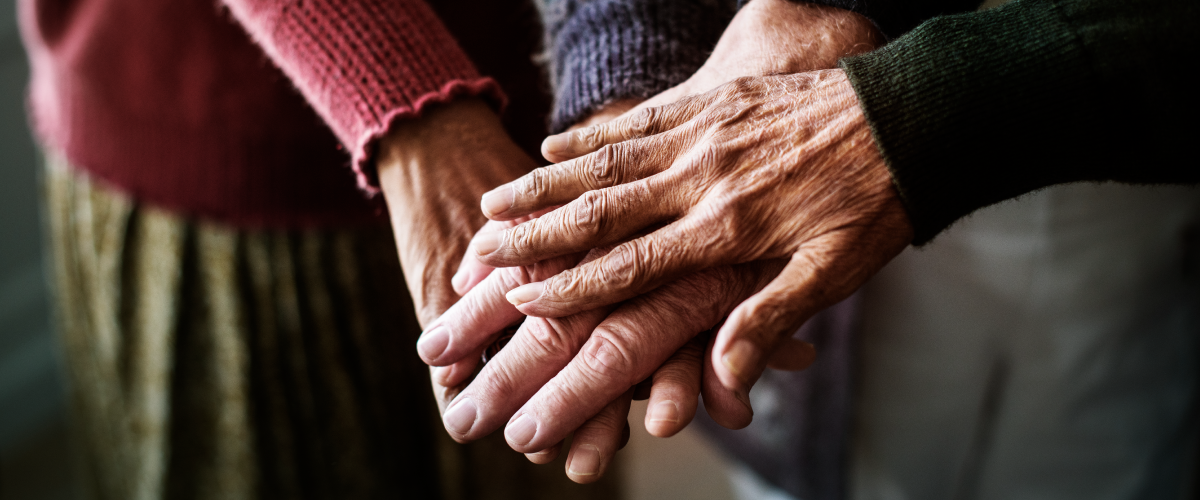Fri 1 December 2023
Hospital pharmacists support bill to exempt voluntary assisted dying appointments from Criminal Code
The Society of Hospital Pharmacists of Australia (SHPA) – the peak professional pharmacy body representing more than 6,100 hospital pharmacists across the country – welcomes Independent MP Kate Chaney’s push to amend the criminal code to permit telehealth consultations for voluntary assisted dying (VAD) services, after the federal court ruled yesterday that telehealth consultations about VAD are illegal. SHPA have voiced their support to the Attorney-General for the proposed bill scheduled early in the new year.
Pharmacists are part of multidisciplinary teams including doctors, nurses and care navigators providing VAD services around the country to support patients at the end of their life to die with dignity and in comfort.
SHPA believes there is an urgent need to update the definition of ‘suicide’ in the Commonwealth Criminal Code (the Code) to exclude VAD, a clarification that would support practitioners to provide VAD services to terminally ill patients via telehealth with the confidence they are practising within legal boundaries.
SHPA President Tom Simpson says the use of electronic communication to transfer information and prescriptions between prescribers, pharmacists, patients and their carers is essential to ensure equitable access to care, leaving no Australians disadvantaged.
‘Patients seeking assessment for VAD, especially those from rural and remote areas, are uniquely disadvantaged by the current Code as most states only have one VAD service centre and pharmacy. Without telehealth options, these very ill and vulnerable patients, or the VAD practitioners themselves, are forced to travel long distances to access or provide treatment.
‘This is an unnecessary and inhumane hurdle these patients, their families and their care teams should not face.
‘As a VAD-credentialled pharmacist myself, I know first-hand the challenges faced not just by patients, but by practitioners who want certainty that they are practicing within the law. If a doctor phones a pharmacist for advice on administering a VAD medication, the answer currently is ‘I can’t tell you that over the phone’ – an answer that puts the focus on not breaching the Code, rather than recognising that there’s a doctor and a patient at the other end of the line. In effect, VAD practitioners must currently choose between patient-centred care, and legal-centred care.
‘Medical and technological advancement has come such a long way since the Code was amended in 2005 to protect individuals from being incited to suicide. Medical professionals can use telehealth appropriately to deliver VAD services and it is necessary to ensure all Australians, no matter where they live, can access these services.’
In the letter to the Attorney-General, SHPA outlined additional challenges imposed by the Code on pharmacy practice including:
• Inability to provide administrative information to approved practitioners other than via courier.
• Inability to provide training about administration of VAD medicines using Telehealth.
• Inability to transmit prescriptions electronically, delaying provision of VAD medicines to patients who have received approval for a VAD prescription to be dispensed.
• Inability for pharmacy services to discuss VAD medicines and administration other than in vague terms, with consequent risk of miscommunication.
• Inability to respond to questions regarding VAD medicines during assessment by telehealth, despite this being a required component of the assessment.
• Inability to utilise a translator via telehealth when needed, imposing a racial and cultural barrier on access to VAD.


